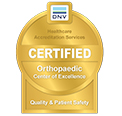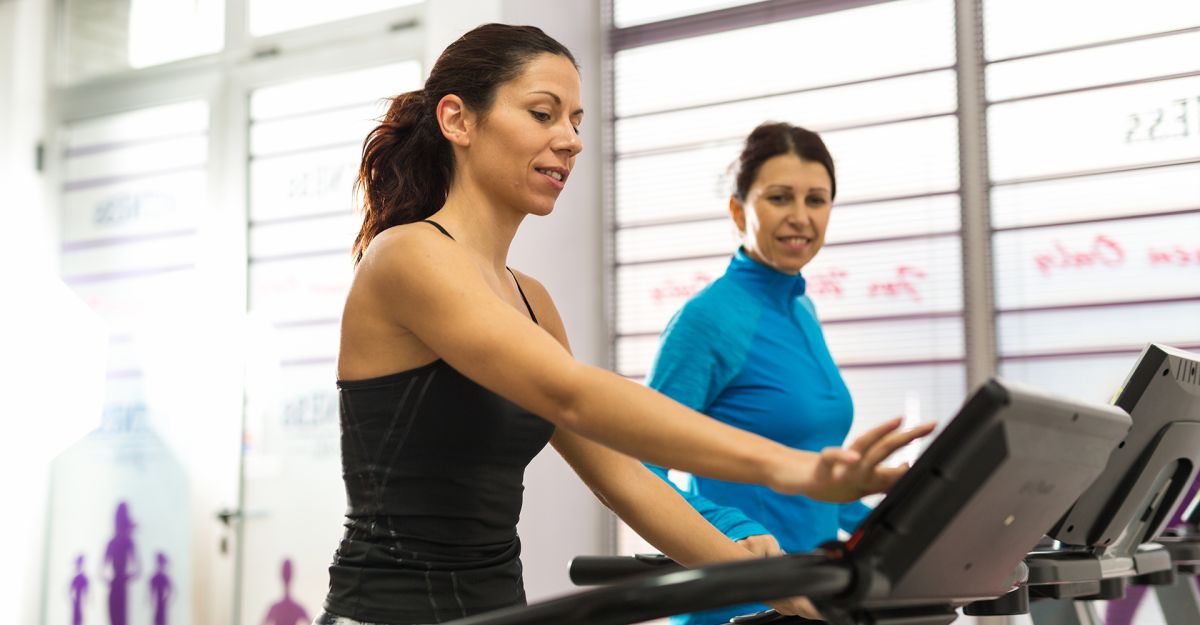Neonatal Intensive Care Unit (NICU)
The care in the NICU is different from the adult ICU services provided. The PTs, OTs, and SLPs that work in the NICU focus on feeding, swallowing, positioning, sensory processing, and enhancement of normal development. With this being an advanced practice area, multiple therapists hold certifications in massage, NIDCAP, and feeding/swallowing, including certified neonatal therapists. The NICU rehab team, in conjunction with nursing and medical providers, has recently expanded their presence in the NICU with more services based on evidence and current national treatment trends. By offering the best care practices in the NICU, we improve the child’s outcome. The team also works closely with the families to ensure safe discharge plans and the best plan for future feeding and development.
Oral Care
The SLP department has worked on an interdisciplinary committee to improve oral care and decrease infections including ventilator acquired infections. This work has resulted in new improved workflows and documentation. Patient supplies were also expanded to include toothbrushes that are smaller and more comfortable for patients.
Mobility
The rehab department has been a main initiator and facilitator of improving mobility of patients in the hospital with outcomes focused on falls reduction and decreased length of stay, with the work of the interdisciplinary committees: Hospital Acquired Functional Decline committee and the ICU mobility committee.
- The rehab department has played a major role in changing the mobility culture in the hospital including involvement in nursing orientation and ongoing education on mobilizing patients and use of safe lifting equipment. As a result of committee work, safety equipment including gait belts and rolling walkers have been placed in every med/surg room to provide care givers with the proper equipment to move patients safely. Documentation changes were also instituted to improve the ability to document and report mobility and function of the patient.
- As a result of years of committee work on initiating early mobility for the critically ill and vented patients, physical therapy now routinely orders as part of an ICU mobility order set to ensure our sickest patients are mobilizing as early as medically possible. This helps with the goals of reducing days on ventilator, reducing overall hospital length of stay and improving potential for recovery. The Elliot even has specialty equipment that can be used with our weakest patients including a Multiple Applications Table to increase strengthening opportunities.
Center for Orthopedic Excellence
 The inpatient rehab team works closely with the nursing and orthopedic surgery departments to help support our designation of DNV’s Center of Orthopedic Excellence. This includes all inpatient physical and occupational therapists staying up to date with evidence-based practice including four hours of orthopedic-related continuing education each year.
The inpatient rehab team works closely with the nursing and orthopedic surgery departments to help support our designation of DNV’s Center of Orthopedic Excellence. This includes all inpatient physical and occupational therapists staying up to date with evidence-based practice including four hours of orthopedic-related continuing education each year.


 The inpatient rehab team works closely with the nursing and orthopedic surgery departments to help support our designation of DNV’s Center of Orthopedic Excellence. This includes all inpatient physical and occupational therapists staying up to date with evidence-based practice including four hours of orthopedic-related continuing education each year.
The inpatient rehab team works closely with the nursing and orthopedic surgery departments to help support our designation of DNV’s Center of Orthopedic Excellence. This includes all inpatient physical and occupational therapists staying up to date with evidence-based practice including four hours of orthopedic-related continuing education each year.